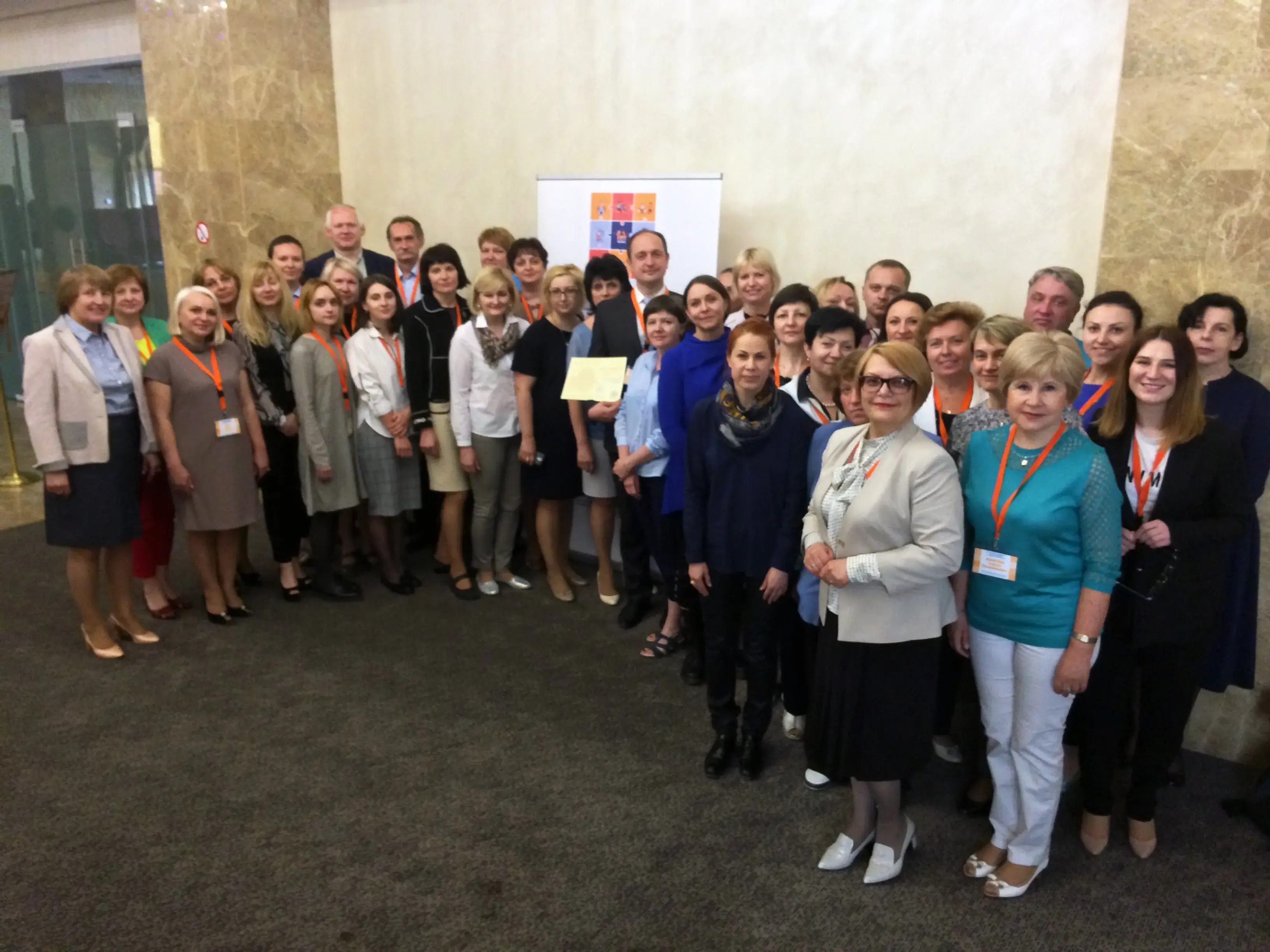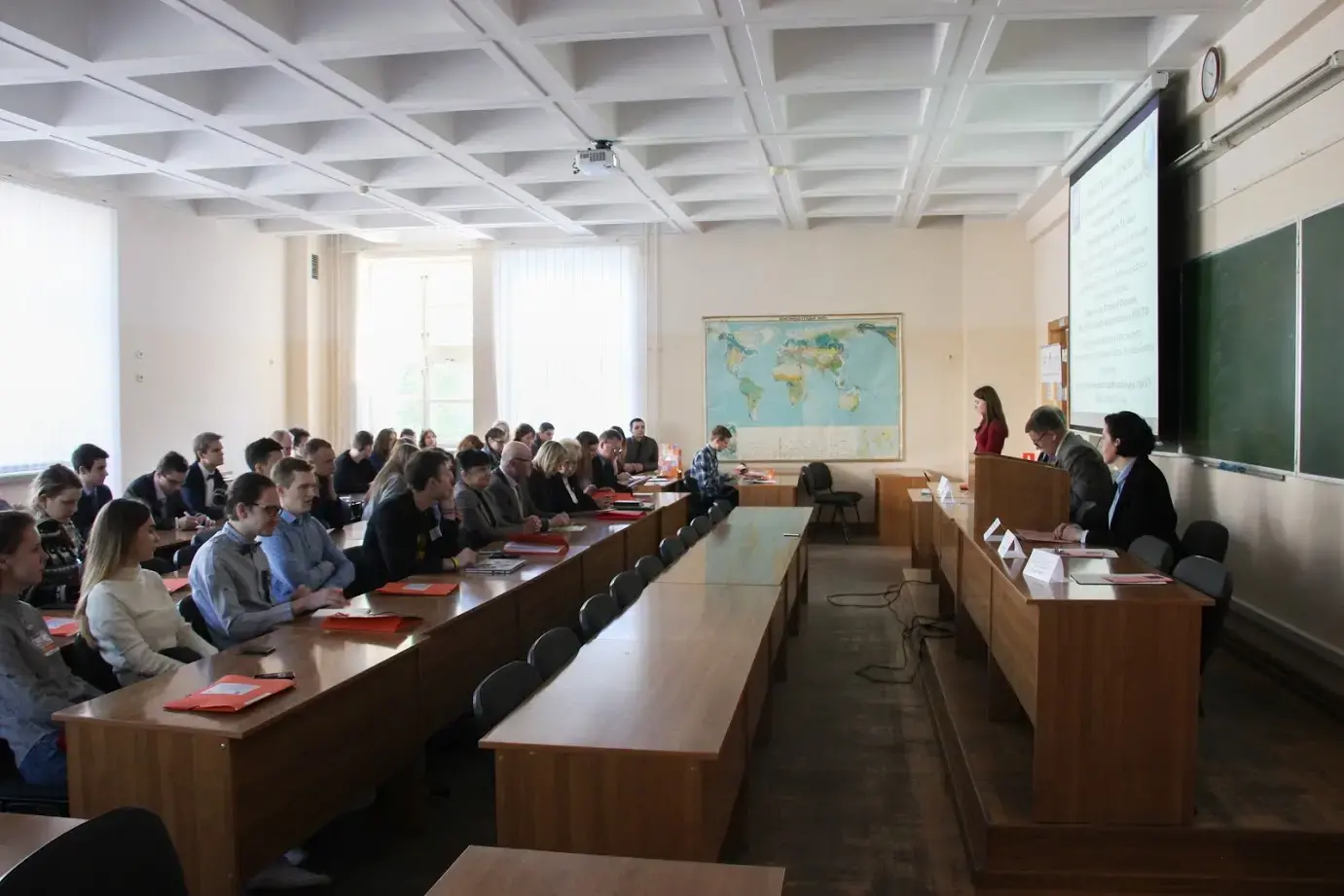Today, a press conference was held in Minsk dedicated to the launch of the sociological survey “Family formation, stability of family relations and fertility in the changing socio-economic conditions of the life of Belarusians” to be held in the Republic of Belarus from April to November 2017. The survey is conducted as part of the international technical assistance project “Support to the Implementation of the National Programme of Demographic Security of the Republic of Belarus.” The national implementing agency of the project is the Ministry of Labour and Social Protection. The project is implemented with the support of the Government of the Russian Federation, the United Nations Population Fund (UNFPA) and the United Nations Children's Fund (UNICEF). In the course of the survey, about 10,000 permanent residents of Belarus aged 18-79 will be interviewed.
The conceptual framework for the survey is provided by the Generations and Gender Programme of the United Nations Economic Commission for Europe, which was launched in 2001.
Elena Kasko, Assistant Representative at UNFPA Belarus said, “The Generations and Gender Programme is an international comparative survey focused on family relationships and socio-economic conditions for the functioning of households in the modern industrialized countries in Europe and North America. At the moment, more than two dozen countries participate or indicated their willingness to participate in the programme.”
Dr. Rashed Mustafa Sarwar, Representative of the United Nations Children's Fund (UNICEF) in the Republic of Belarus, said, “UNICEF considers it particularly important that the study should reflect the issues of childcare and stability of family relations. The findings of the survey conducted in accordance with an international methodology will help to see the specific aspects of the demographic behaviour of Belarusians in the pan-European context.”
The purpose of the sociological survey is to analyse the family formation and fertility processes and reproductive behaviour trends and assess the effectiveness of the national demographic and family policy. The respondents will be asked questions about the distribution of responsibilities within the family, including caring for children and elderly relatives, about the effectiveness of social assistance programs for families, etc. The anonymized encoded data set generated in the course of the survey will be widely used by the research community in the Republic of Belarus.
Alexander Rumak, Deputy Minister of Labour and Social Protection of the Republic of Belarus, said, “This is the first national survey of such a scale in this country that covers the diverse aspects of family formation at different stages of the life cycle, targeting both women and men across a wide age range. The findings of this survey will be of unique importance for improving the demographic and family policies, as well as for studying the processes that affect the formation and sustainability of families by the academic community.”
The population survey is implemented by the Centre for Sociological and Political Research of the Belarusian State University in partnership with the National Statistical Committee (the latter was involved in the survey sampling). The large-scale survey will be conducted in all regions of Belarus. It is the first-ever sociological survey in Belarus to be conducted using electronic media (tablet-based).
At the press conference, the Director of the Centre for Sociological and Political Research of the Belarusian State University David G. Rotman made a presentation of the survey and noted that the ownership by potential respondents was the most important prerequisite for a successful survey.





